The 2016 Federal Budget proposed to extend the specified Partnership income rules in an attempt to curb the multiplication of the small business deduction. This change may potentially affect the business structures of many professionals. As a result, many professionals, or other businesses, may consider reorganizing to avoid being a Partnership.
Whether or not a Partnership exists is fact-specific, prioritizing substance over form, and does not depend on how the parties characterize their relationship. Parties cannot contract out of being a Partnership if a Partnership exists in fact. A Written Agreement is not necessary to form a Partnership at law, however, as practitioners know, the resolution of disputes with CRA will be based on evidence; as such, agreements should be drafted with the desired relationship in mind.
Partnerships are governed by provincial law, however, in most jurisdictions, a Partnership requires a business, carried on in common, with a view to profit. Those looking to avoid being deemed a Partnership should look at their individual circumstances in light of case law and their provincial Partnership Act. There are many indicia of a Partnership (the contribution to a common undertaking, a joint property interest, or a mutual right of control), but, in particular, most Partnership legislation deems the sharing of profits “proof, in the absence of evidence to the contrary, that that person is a Partner in the business.”
For further information see VTN Monthly Tax Update Seminar, Issue No. 419
